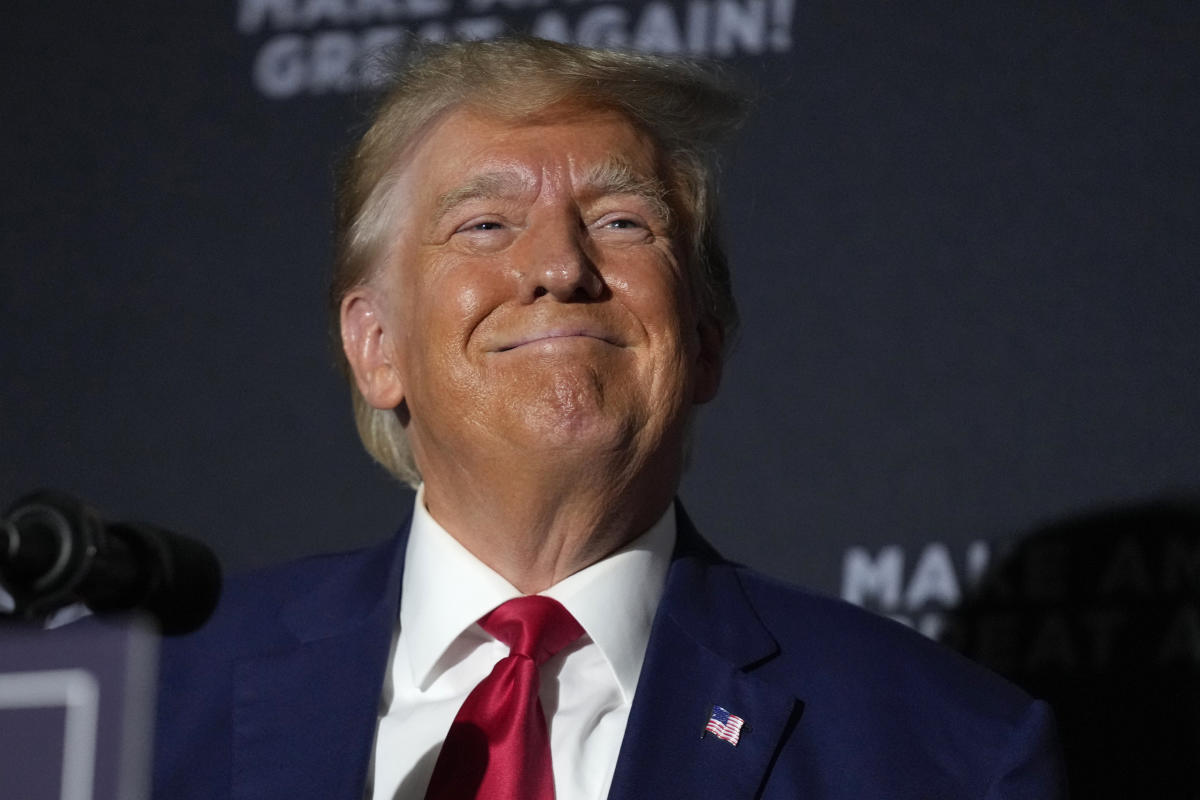(Bloomberg) — A Pennsylvania state court judge has ruled that presidential immunity is broad enough to protect Donald Trump’s false claims that the 2020 election was rigged, even if he didn’t really believe the conspiracy.
Most Read from Bloomberg
Judge Michael Erdoss of the Court of Common Appeals for the District of Philadelphia on Monday granted Trump immunity over two claims filed in a lawsuit in 2021 by the voting machine supervisor, James Savage.
Savage alleged that Trump damaged his reputation by falsely claiming that he manipulated the outcome of the 2020 election, leading to death threats and heart attacks. Savage’s third defamation lawsuit — related to written remarks Trump made after leaving office — is not protected by immunity, the judge said, and survived Trump’s motion to dismiss the case.
The decision was issued the same day Trump said on his Truth Social website that he “presumes” he will be indicted in the coming days over his efforts to overturn the election and the resulting attack on the Capitol by his supporters. But the partial victory was welcomed by his legal advisor.
“The court has made it clear that it is okay for the president to approach the integrity of our elections without fear of liability,” Trump’s legal spokeswoman, Alina Heba, said in a statement. “We expect that the rest of Mr. Savage’s allegations will be dismissed as they are without any basis.”
At face value, the judge wrote, Trump’s statements about the election he made while in office were protected by presidential immunity because they “dealt with a cornerstone of our democracy” and were consistent with his responsibilities at the time.
Erdos said Trump’s statements while in office were not outside the “outer perimeter of his official responsibility,” even if the comments were intended to benefit Trump personally by protecting his status as leader of the free world. The judge said the immunity is so broad that it remains even if Trump’s motive for making the statements “may have been to overrule the election results” and “even if he actually believed he had lost to some extent.”
“Further legal proceedings may examine the appropriateness of his statements and actions while president, and whether such behavior, as plaintiffs in this and other cases allege, represented an actual threat to our democracy,” Erdos wrote in his book. 16 page judgment. “But this case is not the place to do that.”
At issue were two defamatory statements Trump allegedly made in November 2020 — one during a speech in Gettysburg and the other in a social media post. A third statement from Trump about voting in Pennsylvania came in a public letter to House lawmakers investigating the January 6, 2021 attack on the Capitol, after he left office.
Savage’s attorney did not immediately respond to a message seeking comment.
(Updates with Trump’s legal advisor in fifth paragraph)
Most Read from Bloomberg Businessweek
© 2023 Bloomberg LP



